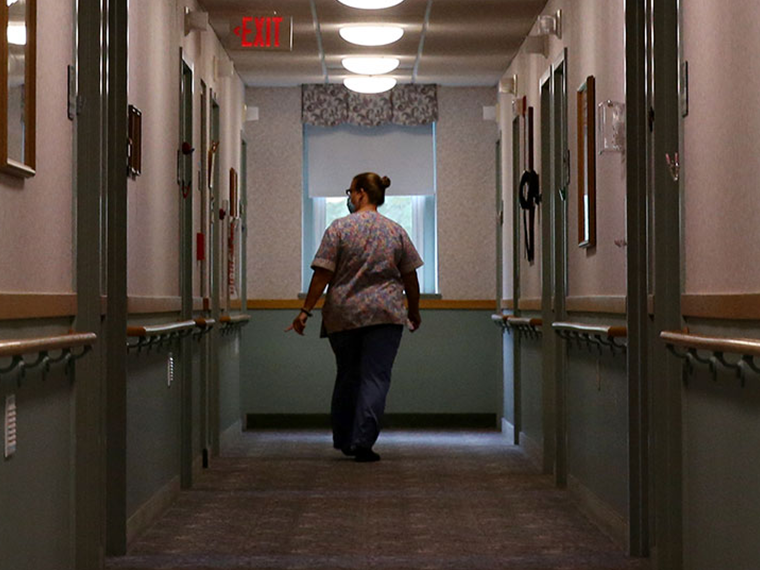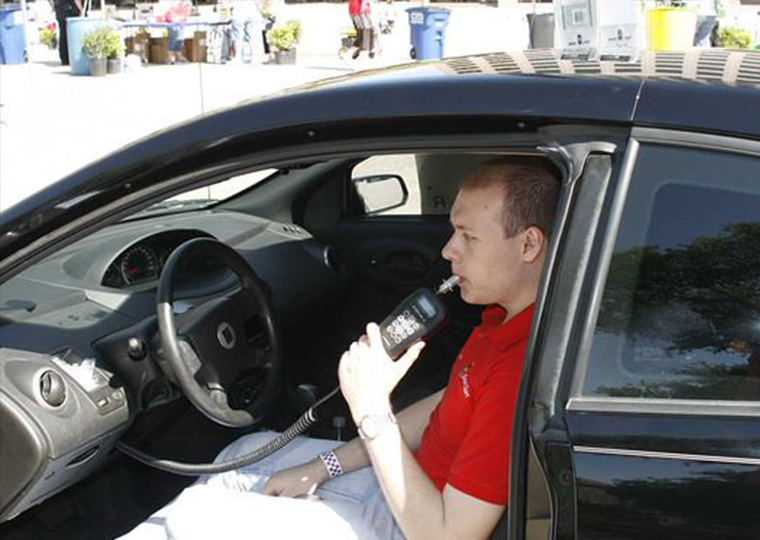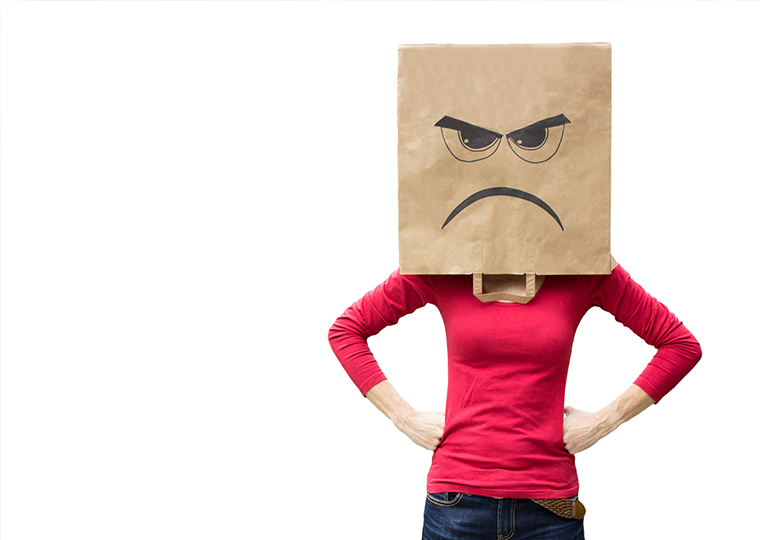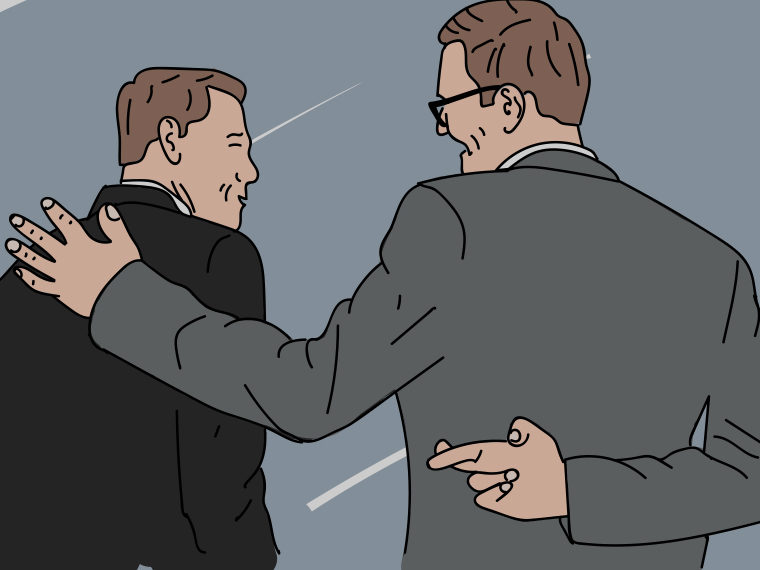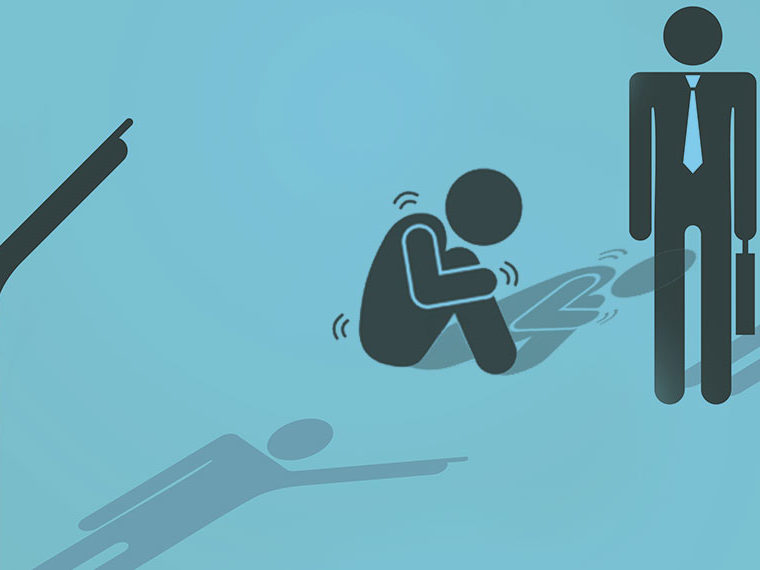Intoxication seems to work as an unofficial mitigating factor
That consuming alcohol impairs one’s ability to make sound choices is not exactly news. But a paper forthcoming in the Journal of the Association for Consumer Research presents surprising evidence that there is a tendency to judge less harshly someone who commits a violent crime while under the influence.
The paper, by University of Iowa’s Chelsea Galoni, Vanderbilt’s Kelly Goldsmith and UCLA Anderson’s Hal Hershfield, suggests those who sentence criminal defendants — judges and juries — assign partial blame to the booze for pushing them into an unstable emotional state.
“(B)ecause people believe the perpetrator is engaging in behavior that they would not have engaged in while sober, people feel justified in using intoxication as ‘evidence’ that the behavior is not representative of who the perpetrator really is as a person,” write the researchers.
That implicit leniency is not at play when judging a nonviolent crime, according to the study.
Liquor as License
Voluntary intoxication is explicitly disallowed as a consideration in judging federal criminal cases. The researchers’ analysis of the records of nearly 1,600 federal prisoners suggests it may nonetheless be a factor.
Using data from the Survey of Inmates in State and Federal Correctional Facilities, they explored the relationship between the length of a sentence and whether the convict had been drinking when the crime was committed. (Whether a convict was explicitly deemed to be drunk is not included in the data.)
The data was analyzed to account for violent (where an emotional trigger can be present) and nonviolent crimes, and a clearer bias toward blaming alcohol for crimes of passion seems to emerge. Being convicted of a violent crime in which alcohol was involved landed an average sentence of 7.98 years, 36% off the average sentence of 12.4 years for convicts who were stone cold sober.
When the crime was nonviolent, sentencing was consistent. Convicts who had been drinking received an average sentence of 8.75 years and the nonconsumers 8.32.
Overall, nonviolent convicts who had been drinking received slightly shorter sentences compared with sober convicts: an average of 8.6 years versus 9 years.
The patterns did not change when the researchers controlled for other attributes including gender, age, past offenses and race, all of which prior research has shown are relevant factors in sentencing length.
Emotion as Defense
The researchers conducted an experiment to further study the extent to which judgment is swayed by the existence of an emotional explanation for a defendant’s action.
Nearly 300 participants were recruited on Amazon Mechanical Turk, the crowdsourcing platform for remote and contract workers, and presented with the story of a chief financial officer who embezzled $1 million. Some participants were told that on the day the CFO stole the money he had been involved in a heated argument with his boss, injecting the possibility of an emotional component into a participant’s consideration. Other participants were told he just had a normal CFO-ish day. In each of those conditions, half of the participants were told he was “incredibly drunk” when he embezzled, and the other half were told he was “completely sober.”
Participants were asked to weigh in on a scale of 1 (premediated) to 7 (spontaneous) their opinion of the CFO’s decision to commit the crime, and the extent to which, because the CFO was completely sober/incredibly drunk, he didn’t really mean to commit the crime.
An analysis found that the drunk CFO was deemed more spontaneous (average score of 3.94) than the sober CFO (2.75). The drunk CFO also seemed to pick up some empathy, with participants expressing more agreement that he didn’t mean to do it, than participants judging the sober CFO.
For the CFO who was drunk during the argument with the boss, participants were even more likely to believe his crime wasn’t indicative of his character, compared with the CFO who was sober during the argument with the boss. But when there was no emotional component (no argument), there was no difference in his character assessment — whether drunk or sober.
Participants were also more willing to say they would recommend the drunk CFO who had fought with his boss for a job than when told he committed the crime sober.
“Policymakers might think about creating stronger guidelines around the use of intoxication as a partial defense and on how to educate the general public about the effects of intoxication on personal perception and judgment,” Galini, Goldsmith and Hershfield suggest.
Featured Faculty
-
Hal Hershfield
Professor of Marketing and Behavioral Decision Making
About the Research
Galini, C., Goldsmith, K., Hershfield, H.E. (in press). When does intoxication help or hurt my case? The role of emotionality in the use of intoxication as a discounting cue. Journal of the Association for Consumer Research.


